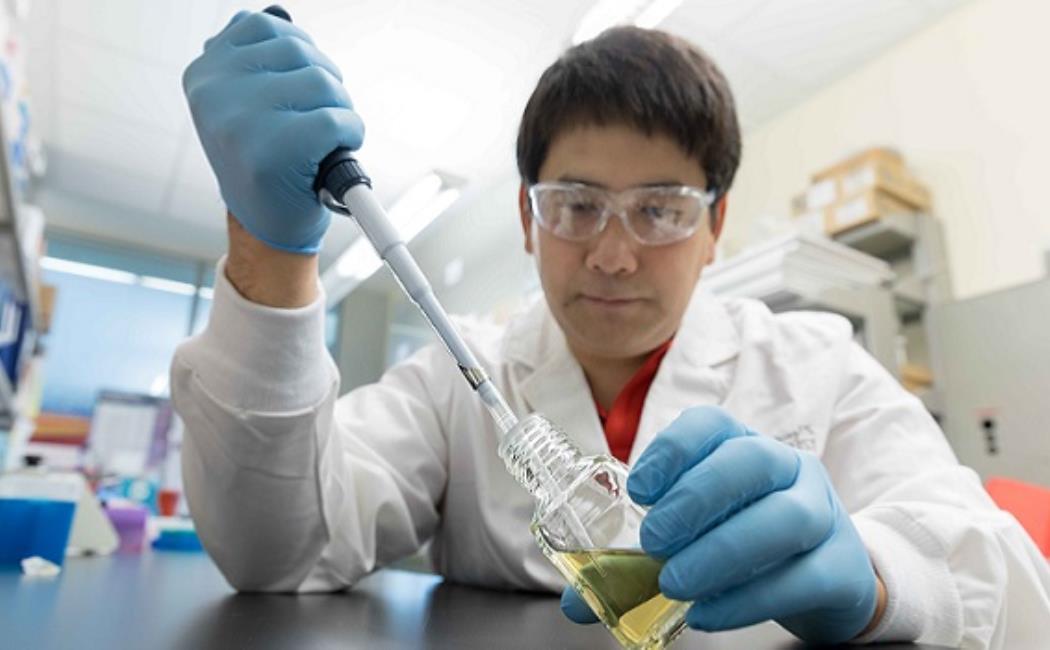
Enzyme adopts dynamic structure to function in hot, salty sea
13 May, 2018
For the microbes that dwell in the hot, salty depths of the Red Sea, life is a delicate evolutionary balancing act. Just for these critters to replicate their DNA requires an enzyme that’s adapted to both high temperatures and high salt concentrations, two environmental factors that impose countervailing selective pressures on the structure of a protein.
A KAUST team has now characterized and engineered a DNA-synthesizing enzyme from a deep-sea microbe that seems to split the difference, being just rigid enough for thermal adaptation, but flexible enough to deal with salt-induced structural changes. The findings reveal how evolution can fine-tune proteins to be ideally suited for life in extreme environments. Moreover, they could have practical applications for biotechnology and biomedical research.
Click here to read the full story
Image: The research team, including lead author Masateru Takahashi, modeled the structure of the enzyme from its protein sequence and conducted biochemical and structural analyses to interrogate its physical configuration.© 2018 KAUST